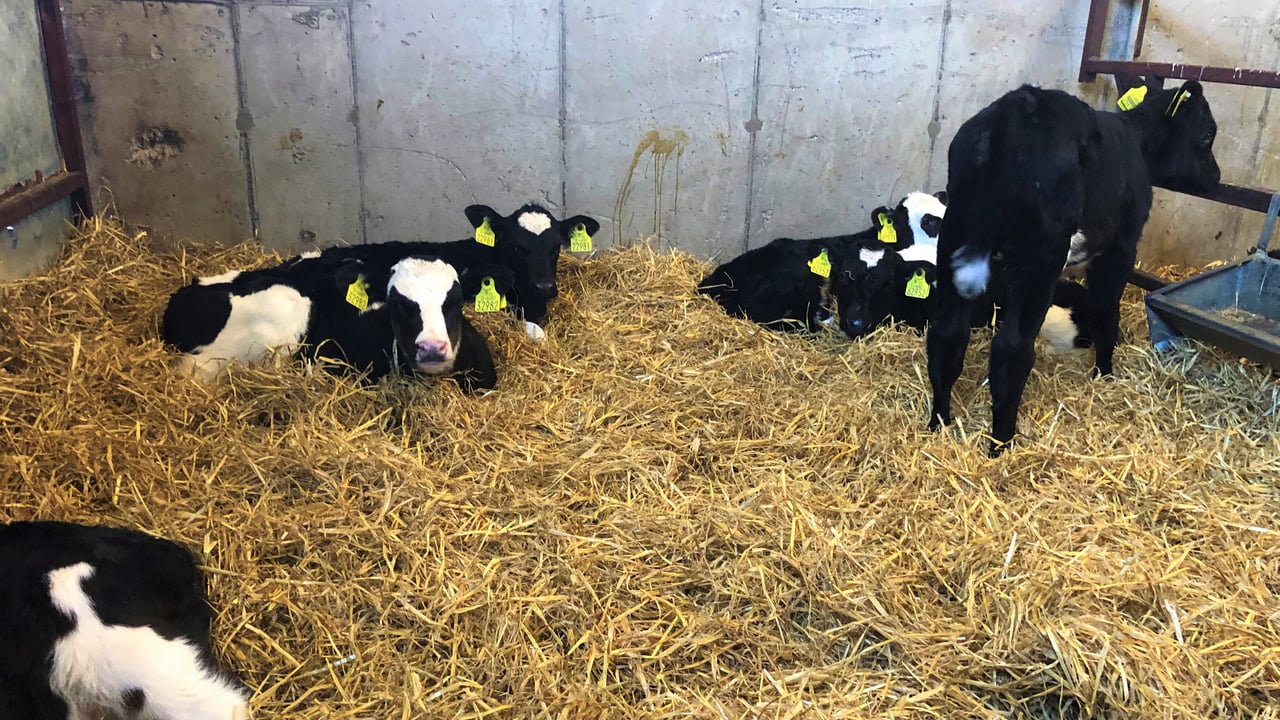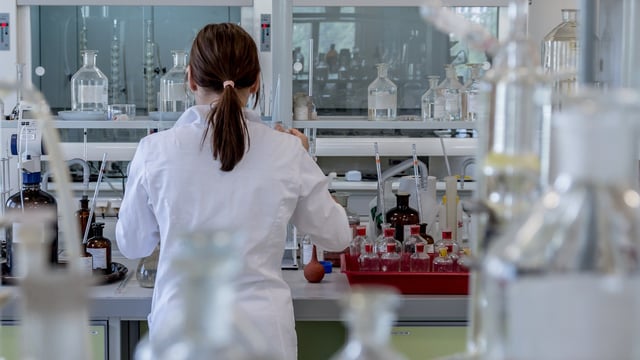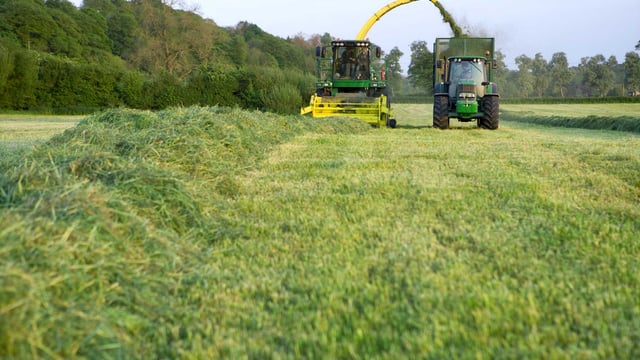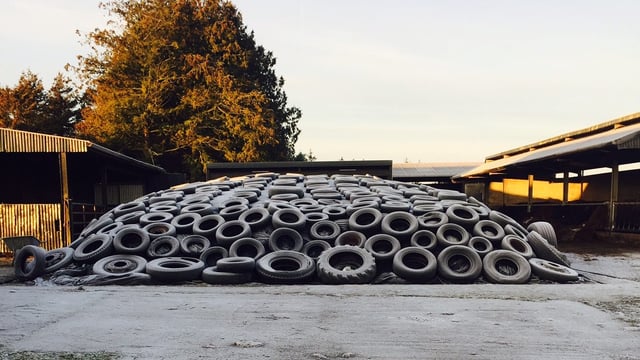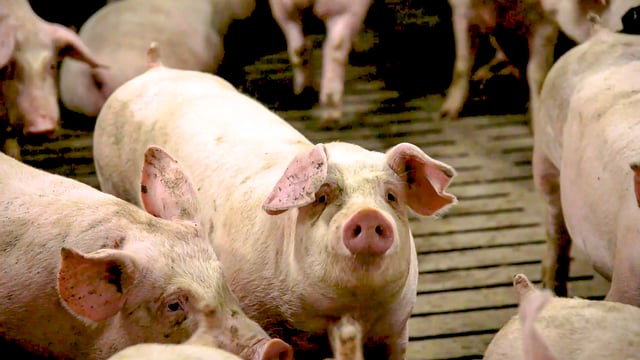Pneumonia in calves: What to look for
Pneumonia in calves causes inflammation and damage to the lung tissue and airways, which ultimately compromises lung function.
Pneumonia and scour are the two biggest killers of young calves so prevention of these illnesses should be a priority.
Pneumonia is the result of a complex interaction between viral and bacterial pathogens, environmental stress factors and the animal’s own resilience to disease.
Some factors that increase the risk of an pneumonia outbreaks are:
Infectious agents involved in causing pneumonia include mannheimia haemolytica, haemophilus somnus, infectious bovine rhinotracheitis (IBR), bovine respiratory syncytial virus (RSV) and parainfluenza III virus (PI3), along with many other bacteria and mycoplasma species and viruses.
Pneumonia
If you notice any symptoms of pneumonia in your calves it should be investigated further.
Pneumonia causes damage to the lungs of the animal which leads to reduced production, reduced liveweight gain and possibly death.
Clinical signs include:
An outbreak in your calves can have an impact on their development and could result in them failing to meet targets.
Prevention
Like most things, prevention is better than cure. Preventing some of the factors that cause pneumonia in calves is the best way to prevent it.
The best way to prevent an outbreak is to vaccinate calves against the disease, alongside improved management of calves.
It is also important that calves get off to the best start in life and receive colostrum to boost their immune system.
Remember when you are feeding calves to follow the 1,2,3 rule:

